The Unacknowledged Wisdom of Egyptian Taxi Drivers
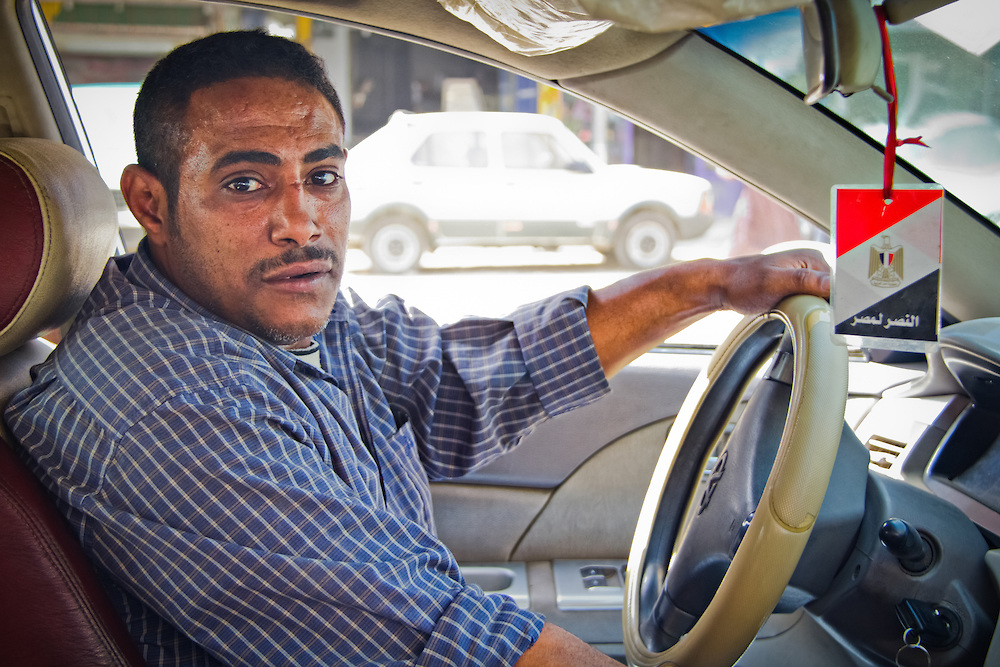
I used to dismiss messages and signals I receive throughout my life and make nothing of them. They were simply words that dissolved in the air the instant they were spoken. I made nothing of them a lot of the times. To me, as long as a lightning bolt didn’t strike me from the heavens on a rainy night, then there was no direct or meaningful message.
However, that all evaporated, and instead of pondering and waiting for a message from the sky, it happened on land. Right where I least expected it, from Egyptian taxi drivers. These beings always have so much to say, both subjectively and objectively. It’s as if they almost have a constant VIP seat into witnessing all political, emotional or social transformations and faults among our population. They are the spectators, patiently waiting to offer their wisdom, ideas, stories, inspiration, and of course the taxi ride itself.
As drivers, all types of social classes, nationalities and all sorts of personalities enter their world within the taxi, be it for a long or short trip. Nonetheless, it seems that it’s really us entering their world, not the opposite. They are the quiet students who never talked much in class, yet the answers are within their mind. It would be impossible for me to recall every conversation with each driver, but I have a selected few that stuck in my memory.
The Historian
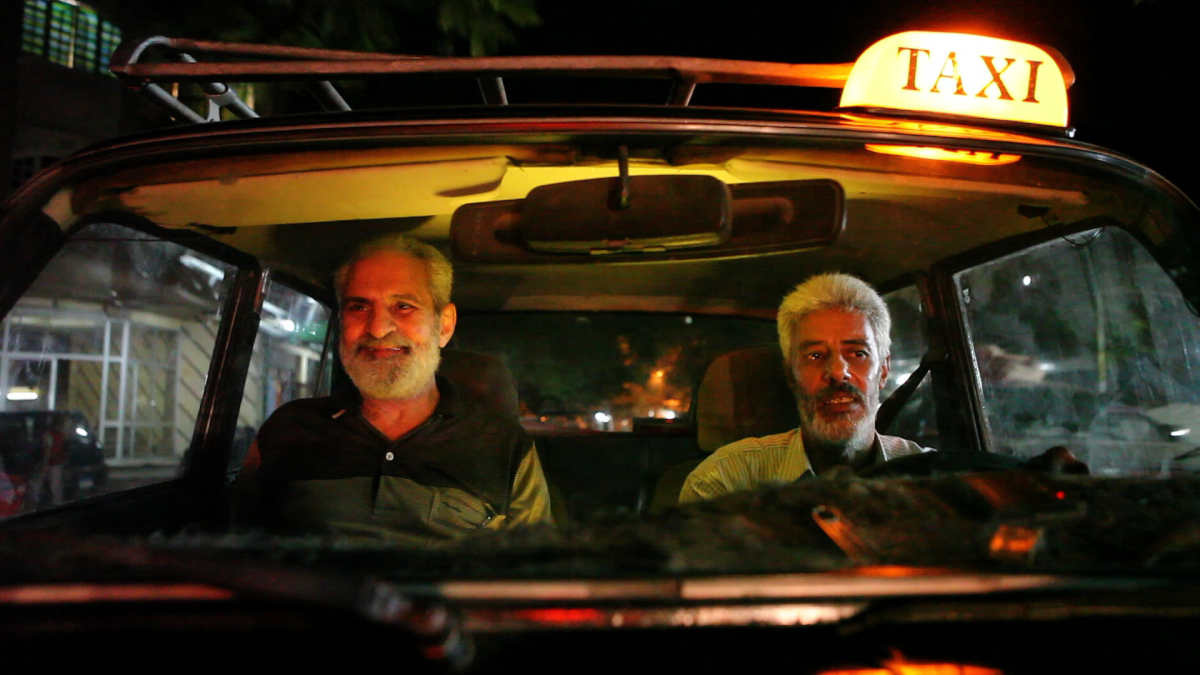
As I left Maadi one late night and started on my journey to Heliopolis, this driver first kept the Quranic channel playing at a decibel I didn’t know existed within the speakers, then eventually switched it off as we approached my destination. He started talking to me with an analytical view towards dictators. He stated, “Dictators are most efficient and achieve such a status when they instill fear among the masses, and when they starve their people.” Throughout history, we have witnessed mass genocides and ethnic cleansing and an iron fist grip on power from figures such as Mao Zedong, Joseph Stalin, Pol Pot, or Kim Jung Un, just to name a few. All remained in power due to the fear from dependence on them for food and water, along with the fear of being punished or executed if one strays from the acceptable beliefs.
Mr. Good Vibes
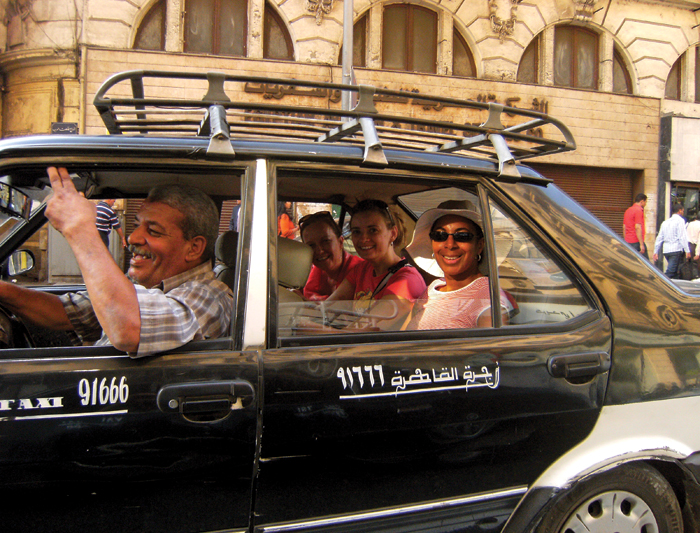
This driver patiently waits every day at the Sa2r stop on the Autostrad, right before Maadi. In his taxi, he keeps a slip of paper that he hangs on the front mirror up high that reads “Laugh from the bottom of your heart.” Not to mention that he drew a smiley face underneath the sentence as well. I asked him what is this about, although I personally don’t question someone who strives to remain positive, but I was curious. He simply just told me, “No one laughs anymore. No one smiles anymore. We’re constantly in a state of panic. Money, the children, the country’s state, just to name a few has driven us to run around like monsters.” Mr. Good Vibes has a point here. It can be difficult, at least in Cairo, to constantly keep a smile on your face while strolling in the street or when purchasing something at the supermarket, or while taking public transportation. We seem to have too much induced stress, worries, and suppressed anger that we end up passing it on to the next individual that crosses us. Yes, we have our own conflicts, but laughing about them collectively does reduce the load off our hearts, our minds, our bodies, and with others as well. A good laugh several times a day does make all the difference, and offer the hope during the course of your day that we don’t need to walk with tombstones in our eyes.
The Buddha
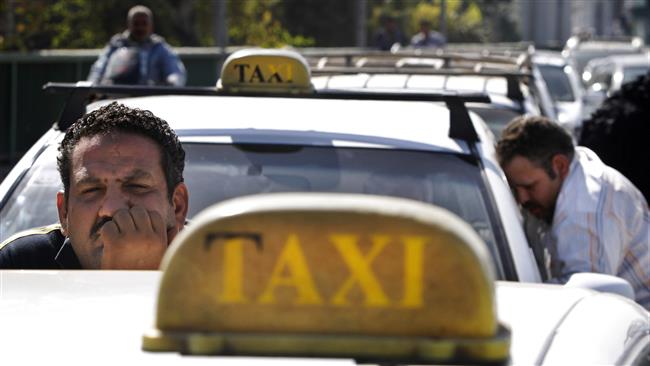
I leave Heliopolis and head towards the Fifth Settlement. The context prior to the man of the hour’s profound statement was in reference to discussing students within a university that aren’t concerned with their future, to the point where they are constantly living in the moment only to dismiss completely any future goals or ambitions. Especially when their minds are set on materialistic desires. The shiny bike, the roaring engines of a new car to enter with to university and make one dramatic entrance. The driver ends all this dialogue by saying, “Better to have your eyes full than your wallet full.” In case one misses the message here, having your wallet overflowing is a temporary moment of desire and maybe fulfilling to an extent, but again, temporarily. Money finishes, money returns, and during this transition we worry, we panic, we get resentful. But having your eyes full, or in other words, having the ability to look outwards and your pupils receiving delight and wonder from anything, especially when your wallet is empty, is a whole other promotion to internal ease. The problems we have may in fact be harsh or seem overwhelming, but it’s about our reaction to it and how we look at it. Zooming out and asking ourselves if we like what we are seeing opens the door to how we want to program our eyes.
Your Average Joe
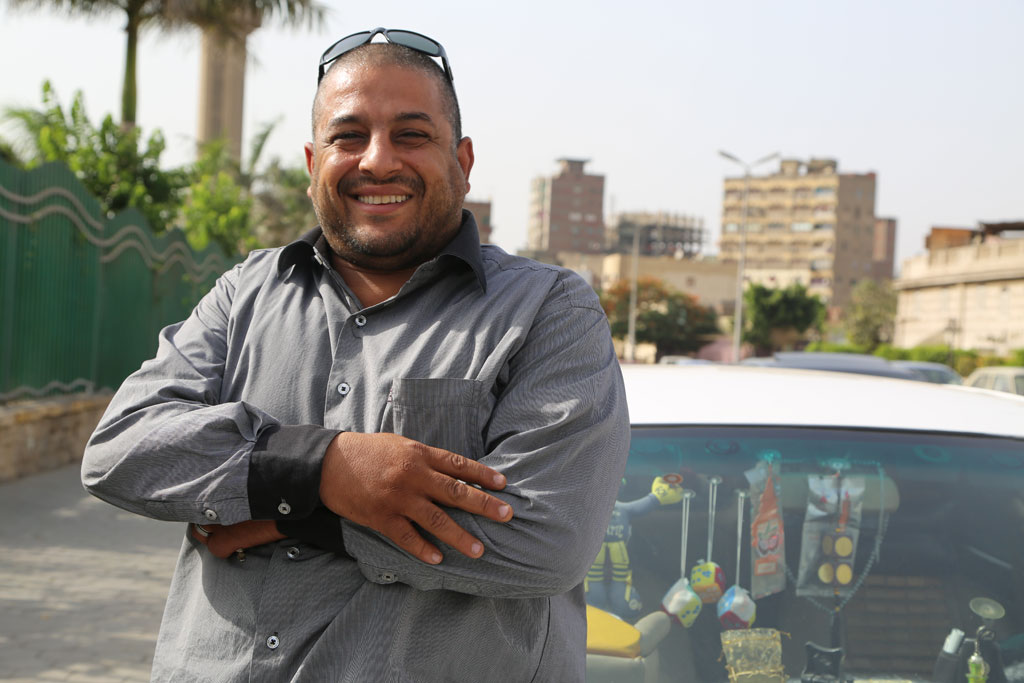
This was the shortest cab ride of all, a simple trip from one area in Heliopolis to another. This man had a coarse mustache, sharp features, above 60 years of age, and was wearing a blazer with a tie. Every driver has their own distinct culture in a way. Their own way of expressing themselves through their work. At some point he tells me, “You know, every day when I get dressed and enter my taxi for work, I carry two things with me. I have a cloth in my right hand, and shackles in my left hand. This is because if I get into an accident with someone or a few people in my taxi, I could very easily be wearing the shackles and get sent away, or if God forbid our souls are taken away from an accident, then this cloth will be wrapped over me or for those who rode with me. In this field of work, there are three important points for success. One is the love of your work. Second is discipline. Third is maintaining principles. And the three points that go against these three are ill mannered minds, criminality, and hustling.” Need I say more? This is a man who puts his life no higher or lower than that of the next person to enter, bringing his/her own conflicts into proximity. He is indeed the average Joe, claiming no stature or overly inflated ego. He is the man who dresses well, talks the talk, performs well in his job, exceeds expectations for his own work, and abides by the very principles we may be lacking in ourselves, yet I never got so much as his first name. The trip was short, the message direct, but the strength of the message ripples for miles.
WE SAID THIS: If you’ve encountered any similar taxi experiences, let us know in the comments section.
